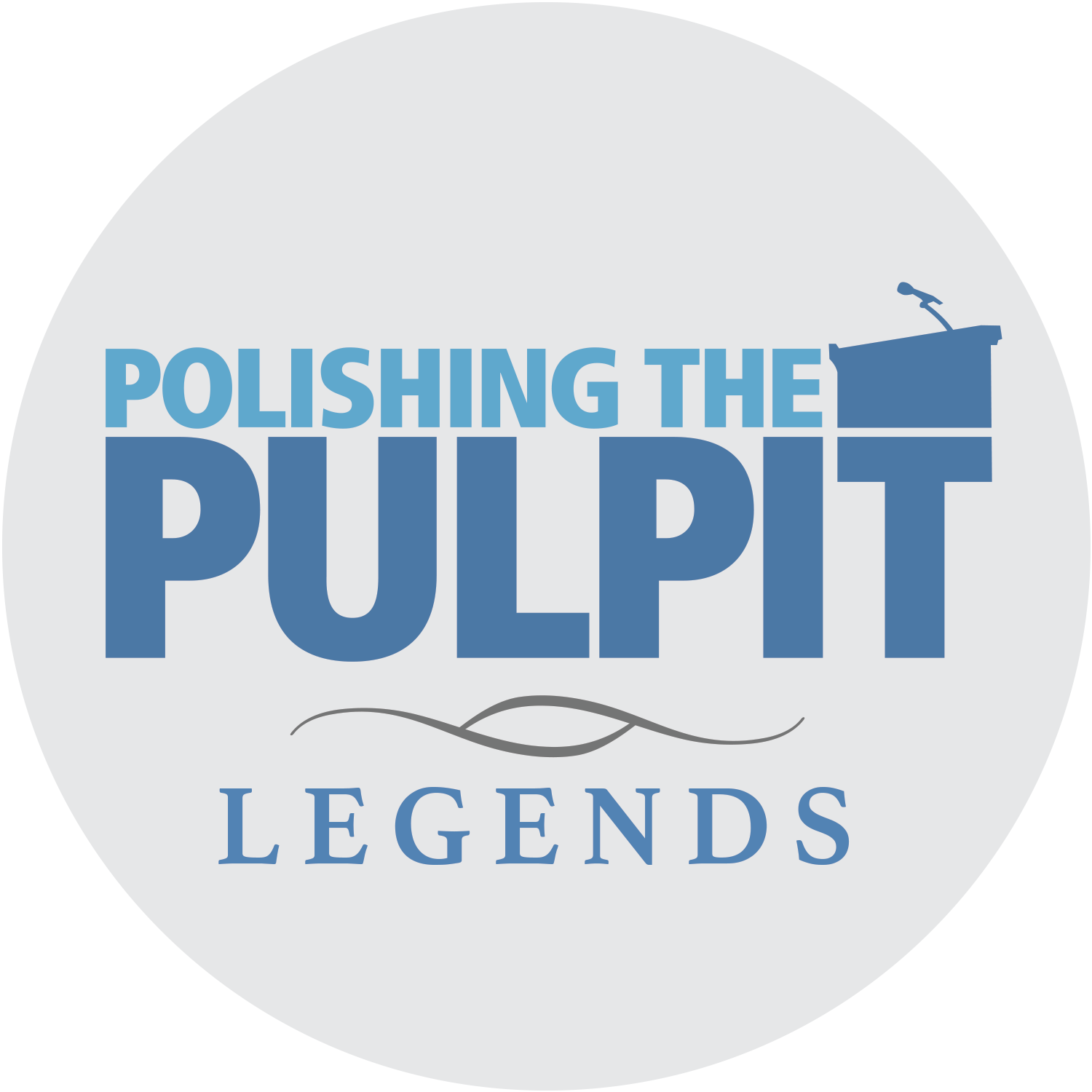Acts 2 is our inspired record of the birth of the church for which Jesus died. There are numerous “firsts” in this grand chapter. One of the great firsts in the chapter is the preaching of the first gospel sermon. The preaching on this day was done under the guidance of the Holy Spirit (2:4). This Pentecost preaching did at least two things. First, it produced great results in that about 3,000 responded and were baptized for the remission of their sins (2:41). Second, it set a precedent and gave the pattern for all preachers who would preach the good news after that day.
In what he called “Great Texts on Preaching,” Brother Winkler pointed out several characteristics of the preaching done on that first Pentecost following the death and resurrection of Jesus. The first thing he observed was that this preaching grew out of a season of prayer.
 Before His ascension, Jesus instructed His apostles to stay in Jerusalem and wait for the promise of the Father (Acts 1:4). The apostles did in fact return to Jerusalem following the ascension of our Lord (1:12). The divine record then tells us what they did while waiting in Jerusalem when Luke informs us, “These all continued with one accord in prayer and supplication, with the women, and Mary the mother of Jesus, and with his brethren” (1:14). Before Peter and the others stood before the multitudes and used the keys given by our Lord to unlock His kingdom (Matthew 16:18-19), these men spent time in pray!
Before His ascension, Jesus instructed His apostles to stay in Jerusalem and wait for the promise of the Father (Acts 1:4). The apostles did in fact return to Jerusalem following the ascension of our Lord (1:12). The divine record then tells us what they did while waiting in Jerusalem when Luke informs us, “These all continued with one accord in prayer and supplication, with the women, and Mary the mother of Jesus, and with his brethren” (1:14). Before Peter and the others stood before the multitudes and used the keys given by our Lord to unlock His kingdom (Matthew 16:18-19), these men spent time in pray!
Like these men, we must realize that “we really need to kneel before God before we stand before men.” Preaching the gospel is doing the work of the Lord. “Trying to do the Lord’s work without prayer is like trying to do the Lord’s work without the Lord’s help.” Sometimes it is neither easy nor popular to preach the truth. The apostles had firsthand knowledge of these difficulties. No wonder we later read about them as they prayed: “And now, Lord, behold their threatenings: and grant unto thy servants, that with all boldness they may speak thy word” (Acts 4:29). Prayer seemed to be a constant for them as they prepared themselves for their work.
Preacher friend, how much time did you spend in prayer before your last sermon? One preacher said, “I always whisper a prayer before I enter the pulpit.” He is to be commended for that. However, if that is all the praying he has done, his preaching is likely not going to be like the Pentecost preaching of so long ago. Sermons need as much “prayer-peration” as preparation.
James A. Harding was an influential leader in the church in years gone by. Several schools are named in his honor. It is said that when his body was being prepared for burial, it was found that there were calluses on his knees from all the praying he had done. What will the undertaker find when he examines the knees of those of us who preach today?
May God help us to be men of prayer, because if we want our preaching to be like that on Pentecost, it must grow out of a season of prayer!



Leave A Comment
You must be logged in to post a comment.